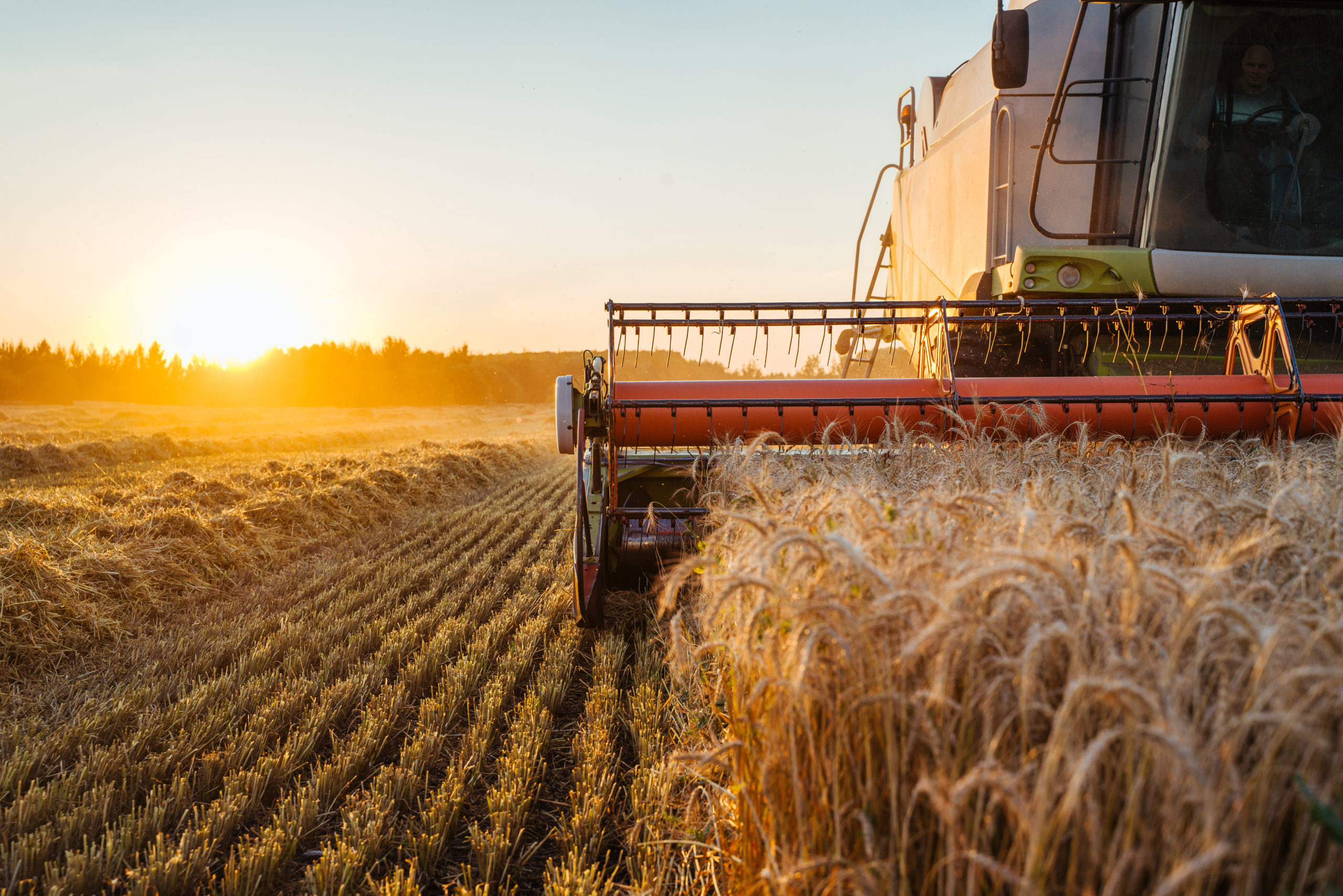New Zealand
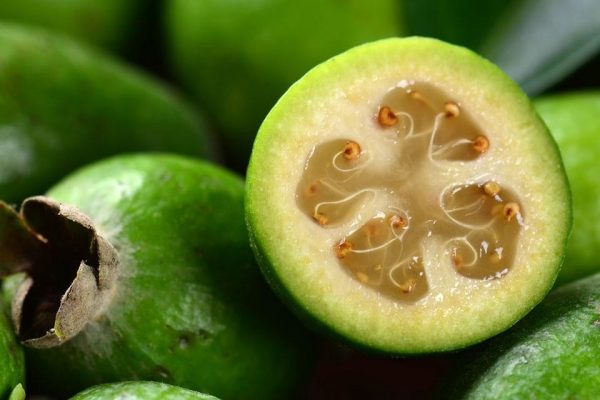
Good news for feijoa lovers after early start to harvest season
Feijoas are expected to hit the shelves this week as good growing conditions have seen harvesting of this season’s crop kick off a month earlier than usual.
Kaiaponi Farms has been growing feijoas in Gisborne for the past 20 years and sells the fruit through its Joa brand for both the local and export markets.
Spokesperson David Hansen said the first fruit would normally be picked at the start March but the harvest got under way last month and was now in full swing, with decent volumes coming through.
“We’ve been pouring plenty of water on, they like irrigation so they’ve enjoyed a good season really,” he said.
Read More here…
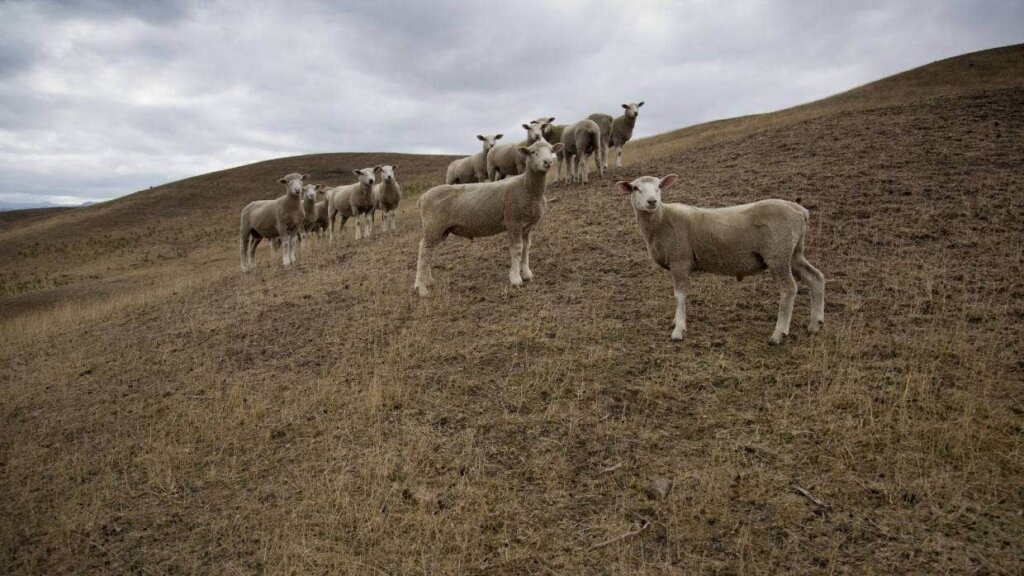
Rain brings relief to farmers anxious over dry conditions
Farmers are breathing a sigh of relief at a good dose of rain on Thursday, which is easing anxiety about continued dry conditions, after last year’s drought.
Hawke’s Bay pastures were starved of rain until June, with drought conditions that many said were the worst in decades.
Metservice spokesman Lewis Ferris said there was a heavy rain warning in place for parts of Hawke’s Bay and Wairoa district, north of Napier.
“That’s where we are expecting the heaviest and most persistent rain to fall,” he said.
Read more here…
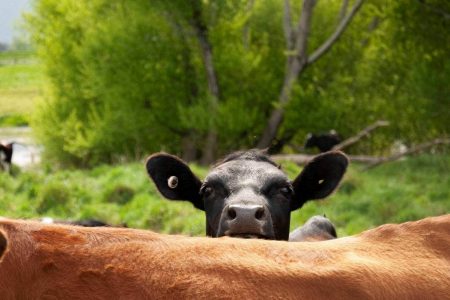
Good news for feijoa lovers after early start to harvest season
A company which ran two South Canterbury dairy farms has been fined $30,000 for failing to comply with employment law after breaching minimum employment standards in relation to 24 workers.
The Employment Relations Authority (ERA) has ordered Greywacke Farms Limited and its director Dietmar Kopetschny to pay $20,000 and $10,000 respectively in penalties for failure to comply with employment law.
The company ran two dairy farms in South Canterbury that supplied milk to Fonterra while Kopetschny also operated as a sole trader, working as a share-milker, a statement from the Ministry of Business, Innovation and Employment (MBIE) said.
Read More here…
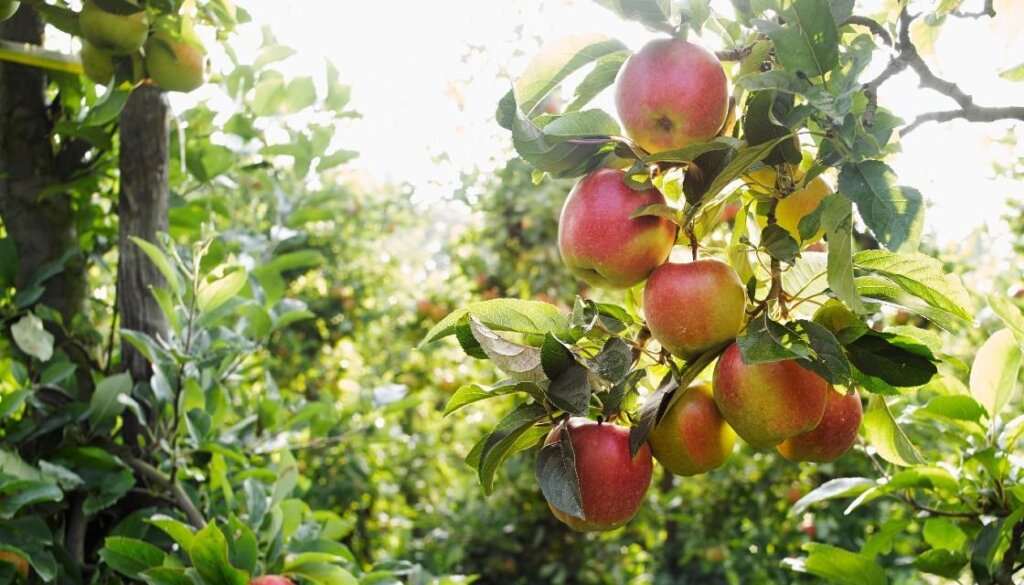
Some struggling orchards only picking fruit one day a week due to worker shortage
Severe labour shortages on Hawke’s Bay apple orchards are forcing some smaller growers to only pick their fruit once a week during peak season.
Orchard owners have been fearing labour shortages for months as the peak picking season approaches.
Mr Yummy apples grower and owner Paul Paynter said he was leaving fruit on large trees that were difficult to pick and some trees would only get picked once rather than two or three times.
Read More here…
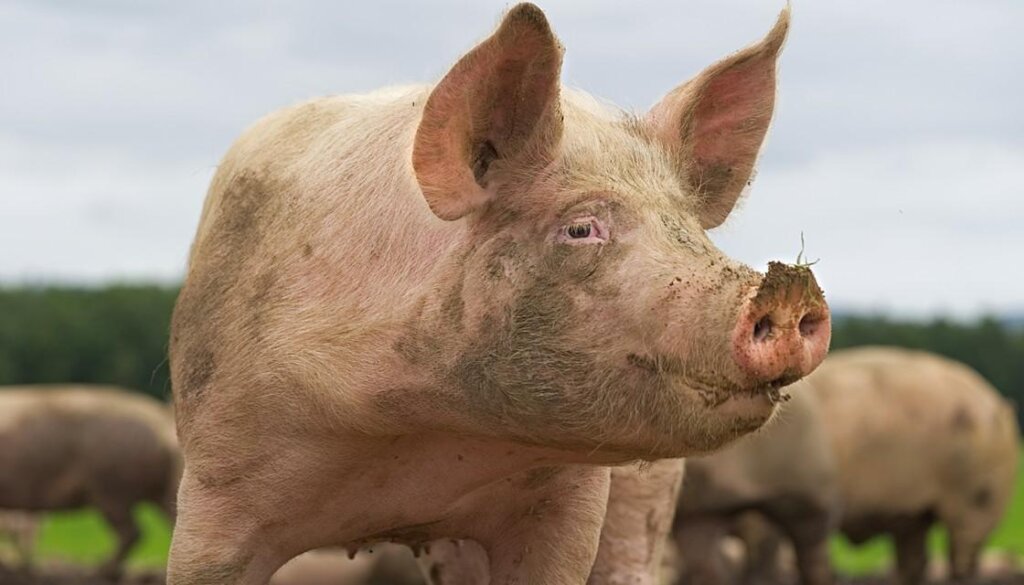
NZ meat exports could soar after fresh outbreak of African Swine Fever in China
A second wave of a serious pig disease in China is expected to slow the country’s efforts to rebuild its national herd and help sustain demand for New Zealand red meat.
China is the world’s top pork producer and consumer, but in 2019 a large outbreak of the pig disease African Swine Fever] (ASF) resulted in the culling of about half of the country’s herd.
That outbreak led to scarcity of the meat and big price hikes, which in turn prompted a lift in imports of other proteins into China – including sheepmeat and beef from New Zealand.
Read More here…
Australia

Vic farmer encourages young people to consider being “commuter farmers”
A VICTORIAN vegetable grower reckons there’s great potential for agriculture in the concept of “commuter farmers”.
A commuter farmer is someone who lives within a major city but operates on farmland at the city fringes.
One advocate for the concept is Velisha Farms owner, Catherine Velisha.
Ms Velisha considers herself to be a commuter farmer, going from her car stacker parking in inner city Melbourne to tractors helping to grow cauliflower and broccoli on her farm at Werribee.
Read more here…
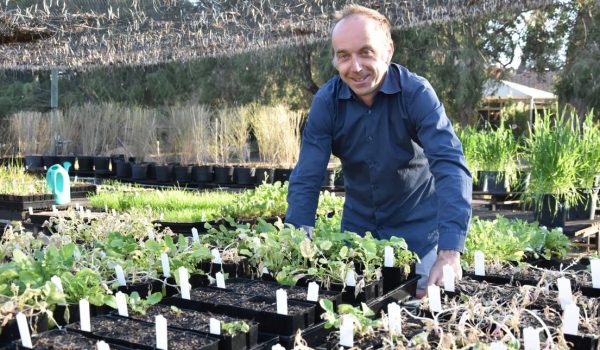
Concern over more weed herbicide resistance
RESEARCHERS from the Australian Herbicide Resistance Initiative (AHRI) are concerned at findings of wild radish populations with signs of resistance to Group H herbicides.
Reduced sensitivity to Group H HPPD (hydroxyphenylpyruvate dioxygenase) inhibitor herbicides in wild radish was reported earlier this year and followed previous concerns over several populations in Western Australia’s northern agricultural region.
Wild radish already has widespread resistance to other popular herbicides.
Read more here…

Rid green bridge weeds before seeding
WHILE volunteer plants and weeds take a well-known tax on soil moisture and nutrient levels over summer and early autumn, their ability to shelter harmful pathogens and pests can also be costly.
Many of the problems affecting emerging crops depend on a green bridge to survive from the previous growing season.
Eliminating this lifeline in late summer or early autumn can help reduce the inputs required to manage diseases and pests, especially during the early growth stages when any constraint can have a significant impact on final yield.
Read more here…
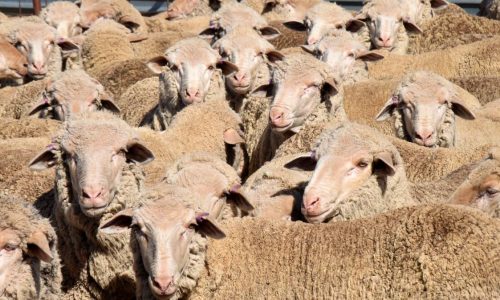
Where exactly did all Australia’s sheep go?
Australia’s sheep numbers have fallen by about two-thirds in the past half a century.
The national flock has fallen from the dizzying heights of 180 million in the early 1970s, to about 64 million today, its lowest point for a century.
Now the sheep meat industry wants to learn the exact causes of this continued decline so it can try and stop it.
Wool’s plummeting price, drought and the rising popularity of other meats, like beef, and even a move to cropping, have been blamed for the worst of it.
Read more here…

Pick the Burnett campaign aims to find citrus harvest workers amid labour shortage
The push is on to find 500 workers to pick a bumper citrus crop in the Gayndah region, with a campaign launched in an attempt to combat labour shortage woes.
Gayndah Fruitgrowers is behind the Pick the Burnett campaign, aimed at getting information about the harvest jobs to willing workers.
The citrus picking season in the region is due to kick off in coming weeks and run until October and Gayndah would normally be bustling with backpackers ready to do the work.
But with the backpacker work force drying up due to the COVID-19 pandemic, the industry is desperate to find alternative employees to get the fruit off the trees.
Read more here…
South America
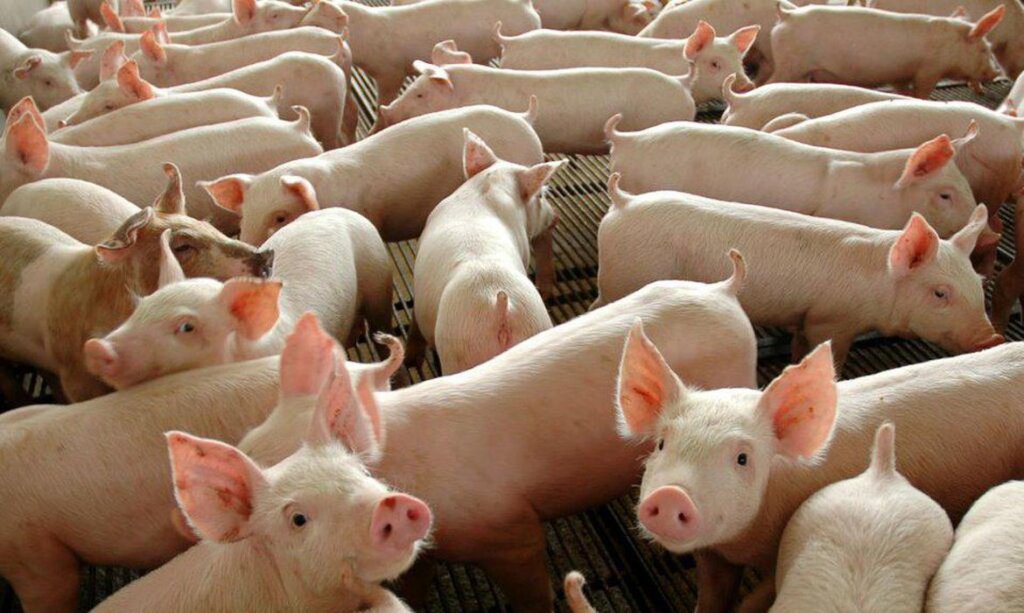
Brazilian record pork exports in first two months; China the main market
Brazilian pork exports (fresh and processed) recorded a 20.3% increase in February, totaling 81,100 tons compared to 67,400 tons registered in the same period in 2020. Revenues from sales in February totaled US$ 185.7 million, 19.9% higher than the second month of 2020 when sales reached US$ 154.9 million.
Brazilian pork exports (fresh and processed) recorded a 20.3% increase in February, totaling 81,100 tons compared to 67,400 tons registered in the same period in 2020. Revenues from sales in February totaled US$ 185.7 million, 19.9% higher than the second month of 2020 when sales reached US$ 154.9 million.
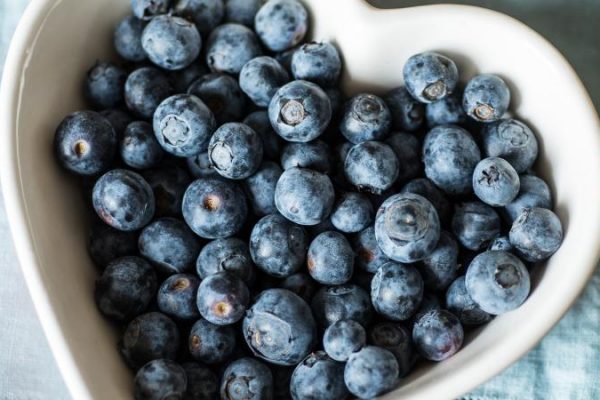
A New High for Chinese Consumer Blueberry Awareness Amid ASOEX Campaign
During China’s holiday season, consumers cannot go wrong in giving to their friends, family and colleagues the gift of Chilean cherries. This year, thanks to the Chinese New Year 1.8 Million Yuan Super Lucky Draw held by the Chilean Cherry Committee of the Chilean Fruit Exporters Association (ASOEX), one lucky cherry fan was repaid many times over for her considerate gesture of gifting Chilean cherries during the holidays — as the grand winner of the lucky draw, she was presented the keys to a brand-new cherry red Tesla Model 3 at a ceremony held in Shanghai on March 2.
The gift was presented by ASOEX’s newly hired China Marketing Manager Patrick Xiao, as well as ASOEX’s China Marketing Coordinator Freya Huang and representatives from Tesla.
Read More here…

SHAFFE Congress Centers on ‘Keeping the World Supplied’ With Fruit
The Southern Hemisphere Association of Fresh Fruit Exporters (SHAFFE) will hold its first Southern Hemisphere Fresh Fruit Trade Congress as an online event on March 25. The congress — the scheduling of which allows for convenient participation by fruit industry members from China — will feature information on crop trends, production prospects and trade flows of temperate fresh fruit production in eight Southern Hemisphere countries that together have an annual export volume of 11 million tons of fresh fruits worth $14 billion and accounting for a 25% share of the global produce export market.

ARGENTINE GRAINS FARMERS SET FOR RECORD HARD CURRENCY HARVEST
BUENOS AIRES, March 8 (Reuters) – Argentine grains farmers are expected to rake in a record amount of much-needed export dollars this season, with high global prices, port strikes having been defused, and enough rain to relieve growing areas that had been dry for months.
This year’s harvest is crucial for the sector and Argentina’s central government, which needs to refill its depleted foreign currency reserves after a sovereign default last year which has left bond prices at historic lows.
“The 2020/21 agricultural season should generate, at current prices, a record income of foreign currency from exports of about $37.5 billion,” said Emilce Terre, head economist at the major Rosario grains exchange.
Argentina’s economy has been in recession since 2018, while the government has maintained strict capital controls to protect the peso and the outflow of dollars from the country.
Read more here
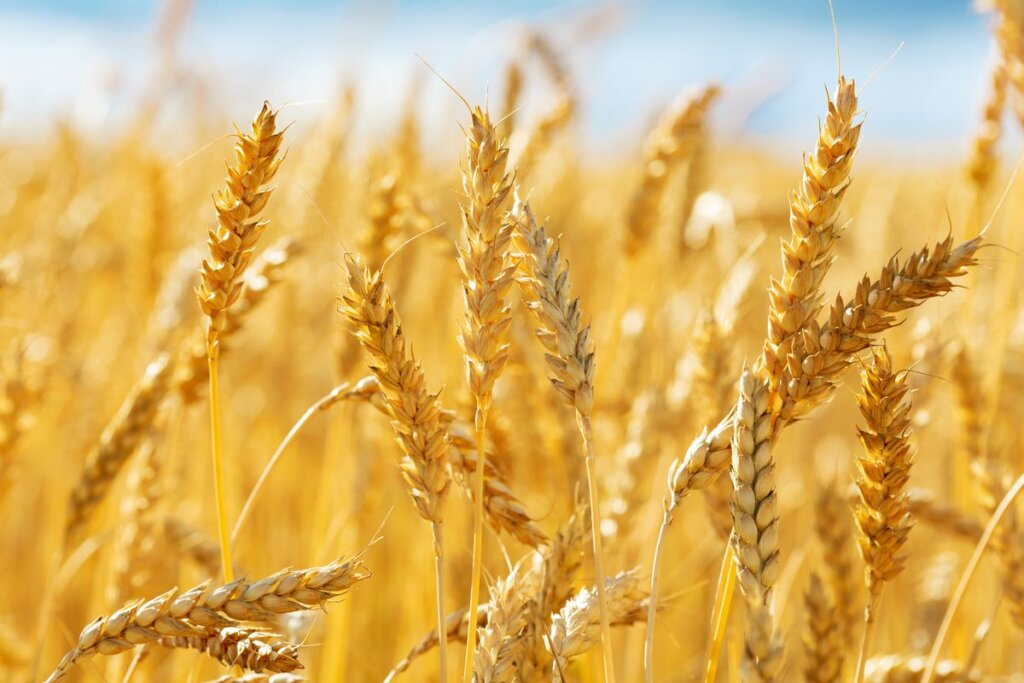
Argentine Wheat Planting Facing Pressure from Politics, Rival Barley
Buenos Aires — Argentine wheat sowing is likely to shrink this year, according to a report by Reuters, as farmers weigh the risk of state intervention in the market and Chinese demand for South American feed barley offers a strong incentive to switch crops.
With Australia sidelined by a bilateral trade dispute, Argentina (along with France and Canada) is emerging as a key supplier to China, the world’s top commodities importer.
Wheat and barley compete for sowing area on Argentina’s Pampas grains belt, and both are planted around midyear.
Read here more…
Food Updates
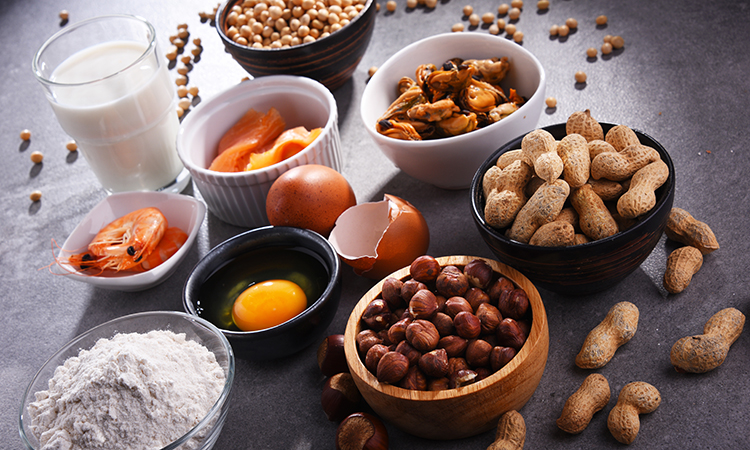
The importance of research to support food hypersensitive consumers
In the latest FSA Takeaway, two experts discuss some key findings of the Food Allergy and Intolerance Research Programme, how good quality research informs the FSA’s work, and where its next study will lead.For the last 20 years, the Food Standards Agency (FSA) has placed science at the centre of its work to protect public health. A key part of this effort has involved using research to help us tackle food safety issues.
Read more here…

Unconscious bias can worsen foodborne illness outbreaks, say researchers
Researchers from the University of Missouri believe that actions that worsen foodborne disease outbreaks are not always conscious, citing a 2011 US Listeria outbreak as an example.
In the midst of a pandemic that has claimed more than two million lives worldwide and disrupted nearly every facet of society since it appeared more than a year ago, understanding the factors that create and facilitate disease outbreaks is more important than ever.
Read more here…

“Protecting consumers” the key driver for food safety efforts says survey
Manufacturers have consumers’ best interests at heart when it comes to food safety according to a survey of producers, with food fraud identified as a concern.
A survey of the food industry by RQA Group has revealed that consumers are at the heart of manufacturers’ efforts when it comes to food safety.
92 percent of those that responded to the survey revealed that “protecting consumers” was the prime driver for food safety in their business. “Brand protection” and “Avoiding recalls” were also ranked highly as drivers of food safety according to the study.
Read more here…

BOULDER, COLO. — Rudi’s Organic Bakery is fast-tracking innovation in the commercial bread space in 2021. The company plans to add more than a dozen new products across its organic and gluten-free platforms by the year’s end, bringing its total number of SKUs to 55.
“We’re going to have 15 entirely new products by June,” said Brian McGuire, chief executive officer at Rudi’s Bakery. “We’re also relaunching all of our core items with new topicals, a new fermentation process and new packaging.”
Read more here…

Lessons from the pandemic —and what lies ahead —from a meat industry leader
One thing that started to change in late 2020 and will only accelerate in 2021, Oliviero added, is people getting tired of cooking at home. But because the virus is still with us, they’ll have to keep doing so for some time yet. That creates opportunities for retailers and meat producers to provide solutions that take some of that fatigue out of the equation.
Read more here…
